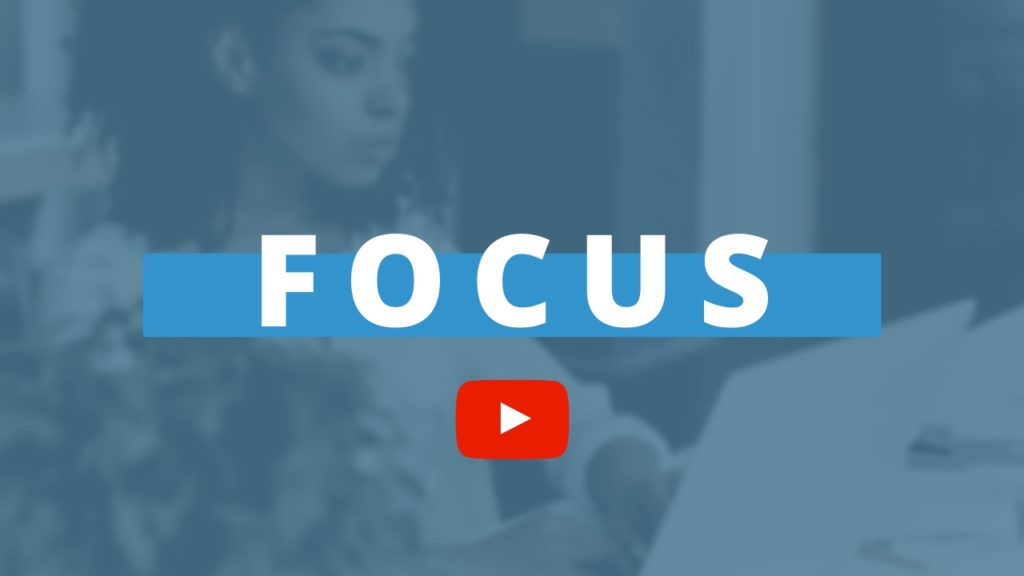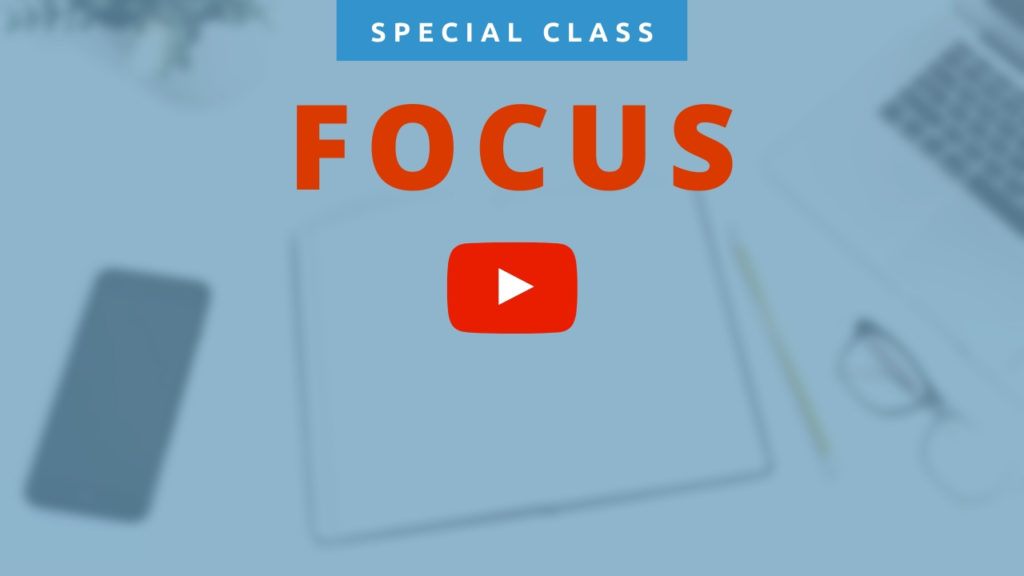Hello! Seiiti Arata. How to get started? Isn’t it amazing that some people seem to be able to start a project without hesitation, without thinking too much about things and without delay? This video is going to help you to answer the question How to get started?
YouTube video: How to get started | Hello Seiiti Arata 01
How to start a project
This is particularly impressive to the rest of us who have to open the browser and click on videos with titles like How to Get Started.
We’re generally the ones who plan things in advance because we don’t want to act rashly or be negligent, starting things that could leave us frustrated or emotionally stressed, or even cause us physical damage or financial loss.
Yes, we do our research to find a good direction and good information. At the same time, we don’t want to feel trapped or overwhelmed.
Analysis Paralysis
Analysis paralysis happens when we’re under the illusion that we need more and more information before we actually begin something. Worrying about making a mistake causes us to freeze and we end up doing nothing.
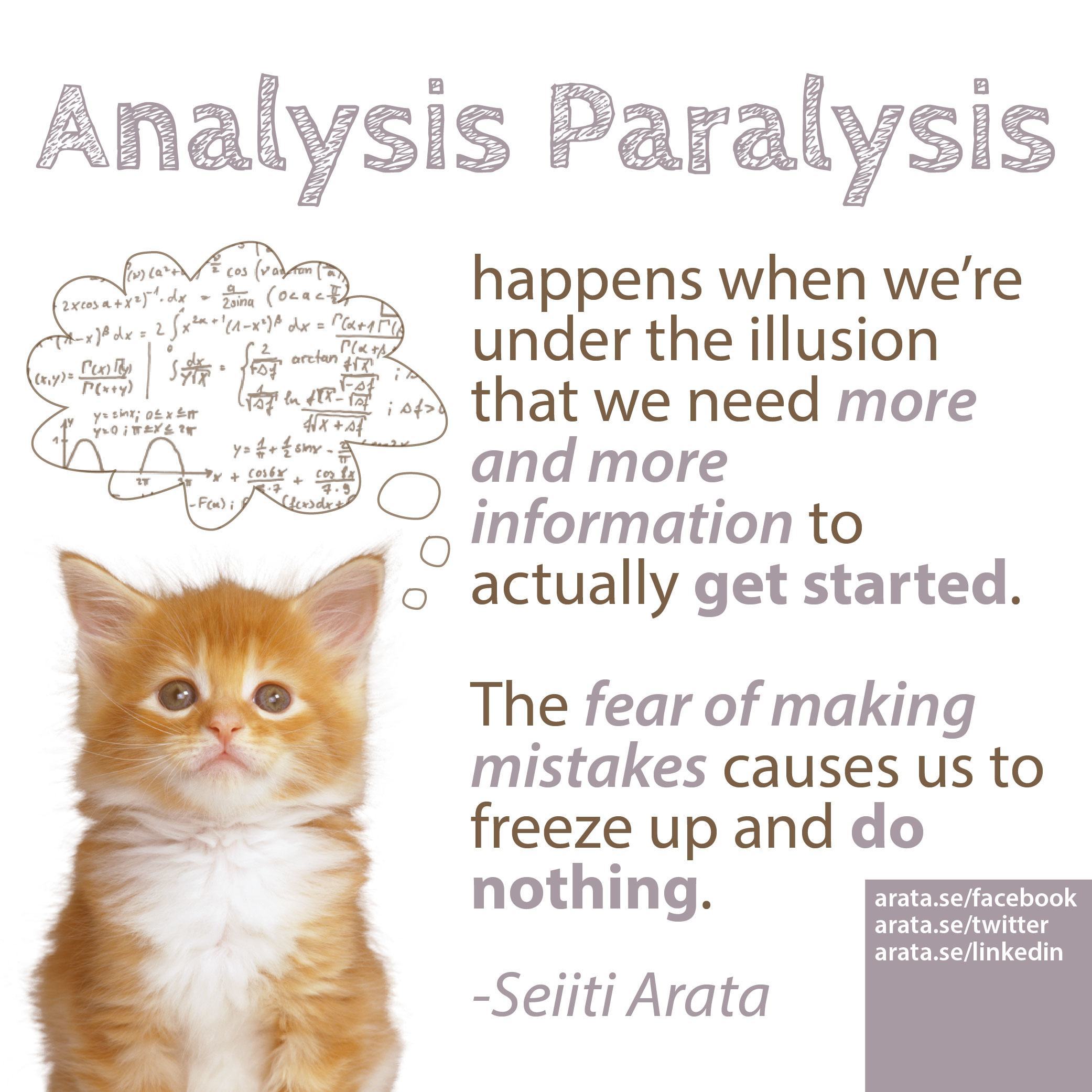
I have something to admit: recording this video scares me right now. I have no idea what will happen next, of what you’ll think about this video, of its impact, what meaning this particular message will have for you. Therefore, there’s a lot of uncertainty when starting something new.
Navigating through uncertainty, a lot of things could go wrong. If we were to give a poor performance, we’d have inadequate results. We’ll feel the pain of failure and this is a cost we want to avoid.
But listen here, my friend, I’d like to speak to you about an invisible cost: the cost of not starting anything at all.
Not even starting is a choice
See? Not even starting is a decision. And many times it’s a bad decision with it’s own implications.
But as ‘starting now’ is a passive choice, our brains have more difficulty in comprehending the price we pay.
If you were to say: ‘Hey, I’ve got this idea for a product which could help so many people!’ And I respond saying: ‘It looks awesome! I think you should develop this idea and transform it into a reality!’ .. What happens if you can’t start? If you did nothing about this, it would be more difficult to imagine what you’re really losing.
And so now we understand the cost of not starting, we have much more motivation to start our project.
But maybe you already have a clear motivation. Your objective is very clear, it’s just that you’re unsure of how to start, right? Look, in this situation, we have again analysis paralysis – the fear that if the first stage were wrong, everything else that follows will still be wrong.

With this mentality, it’s so easy to become distracted, to look at what other people are doing, in the search of clues, formulas, shortcuts, proven methods. During this research, if you come across true masters, it can be an incredible experience, because what they can do is way beyond anything we’ve ever seen before. Of course, this can be a fountain of inspiration. But it can also increase our anxieties.
Suddenly, we can pass through ‘Oh wow, look how great these people are!’ to ‘Oh, look at how small I am’ and this is not a useful way of thinking.
Every time I feel this way, I make a conscious effort to concentrate on what I am and what I can do now.
How to get started? One simple action
This is my beginning: searching for a simple action. And more importantly, it must be so easy that it would be irrational to not accomplish it. So then, I accomplish my next action on top of that.
Eventually I hope to improve so much that I can do all the other amazing things that other people do, but this will come later. For the moment I know that at least I can do just one simple thing.
The first step is the most difficult one
Some people say that the first step is the most difficult. Do you agree with this?
If the first step is the most difficult, what can we do?
Think with me.
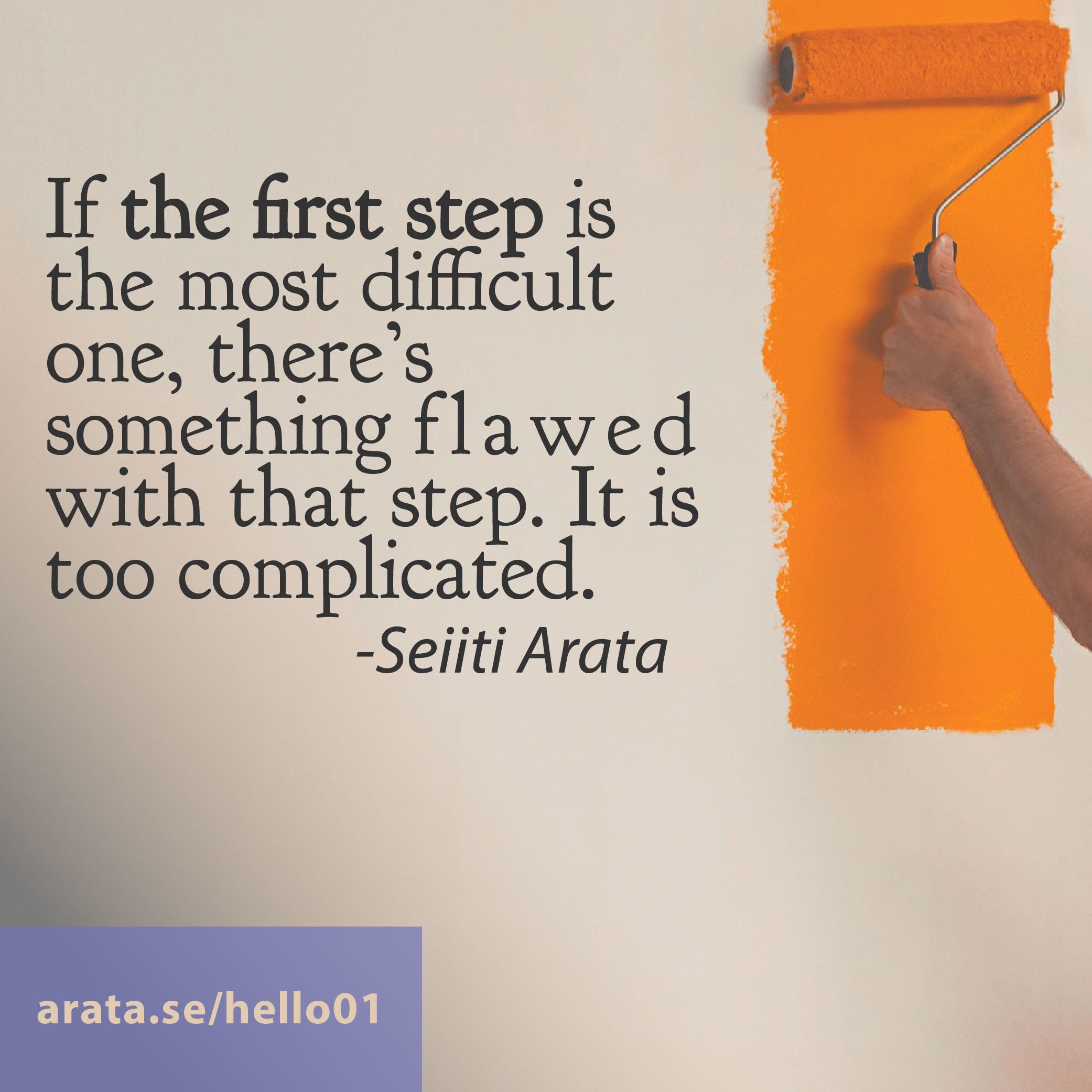
Could it be that we have to suffer and to try and make an impossible effort, because that’s just how it is? This doesn’t make much sense to me.
If the first step is the most difficult, then there’s something wrong with this step. It’s too complicated. I don’t think it’s useful blaming myself because I’m lazy, because I’m a coward, because I’m stupid, I don’t have the resources, or anything else that implies that I’m weak of defective in some way.
I think that we should make the first stage easier. Would you like to begin? Brilliant, start now. What, you can’t? No problem, you’re fine, keep calm. The first stage seems too complicated right now. Make the most of this time to identify how to make it easier. Keep it simple, and do it now. And the next steps will follow.
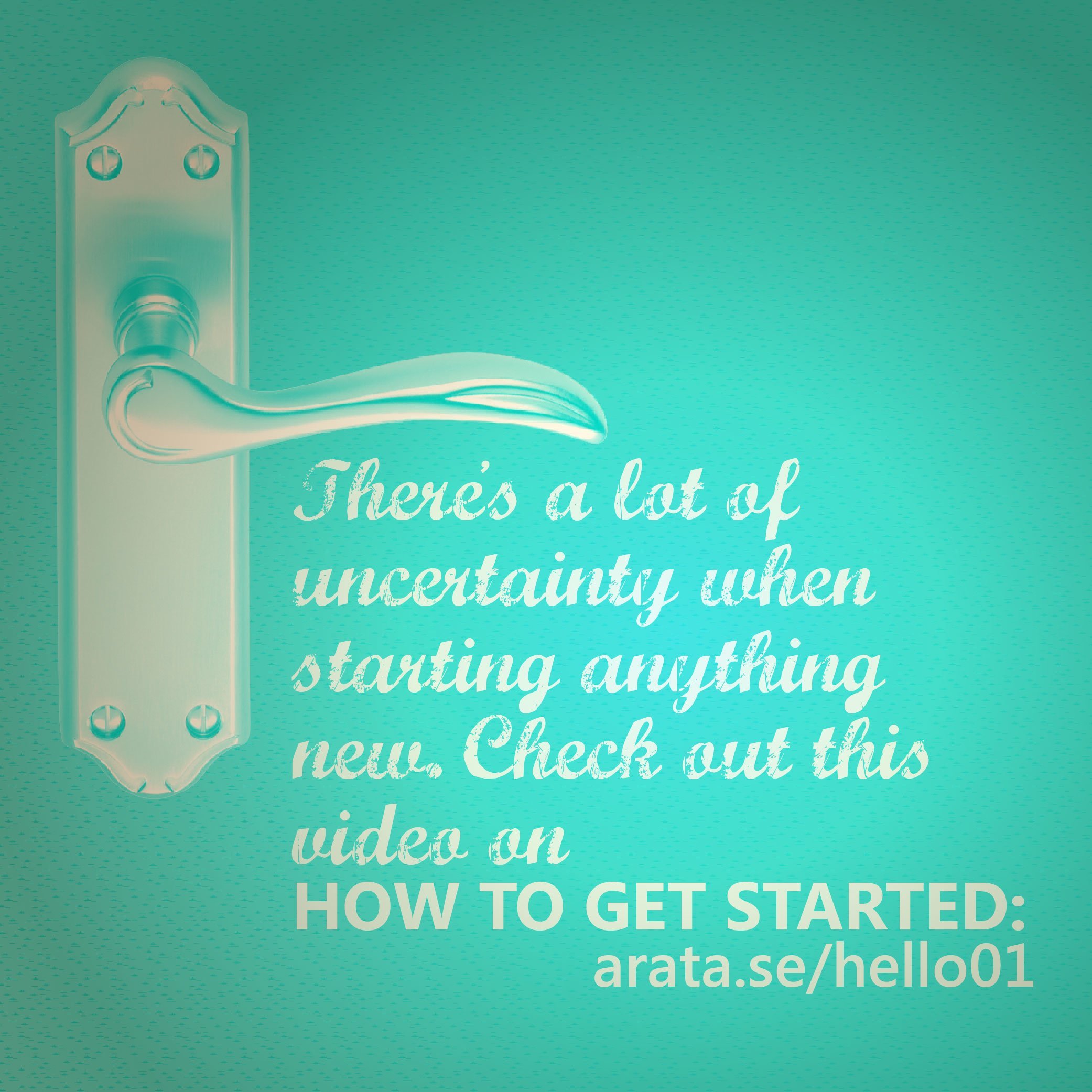
So, today we’ve seen that analysis paralysis can cost us, and this is why we want to avoid it. One of the ways is the choice of a simpler first step, making life easier.
Extra tip
To get started, often we need to have laser-sharp focus so we avoid distractions. Arata Academy has a FOCUS course specially for this.
